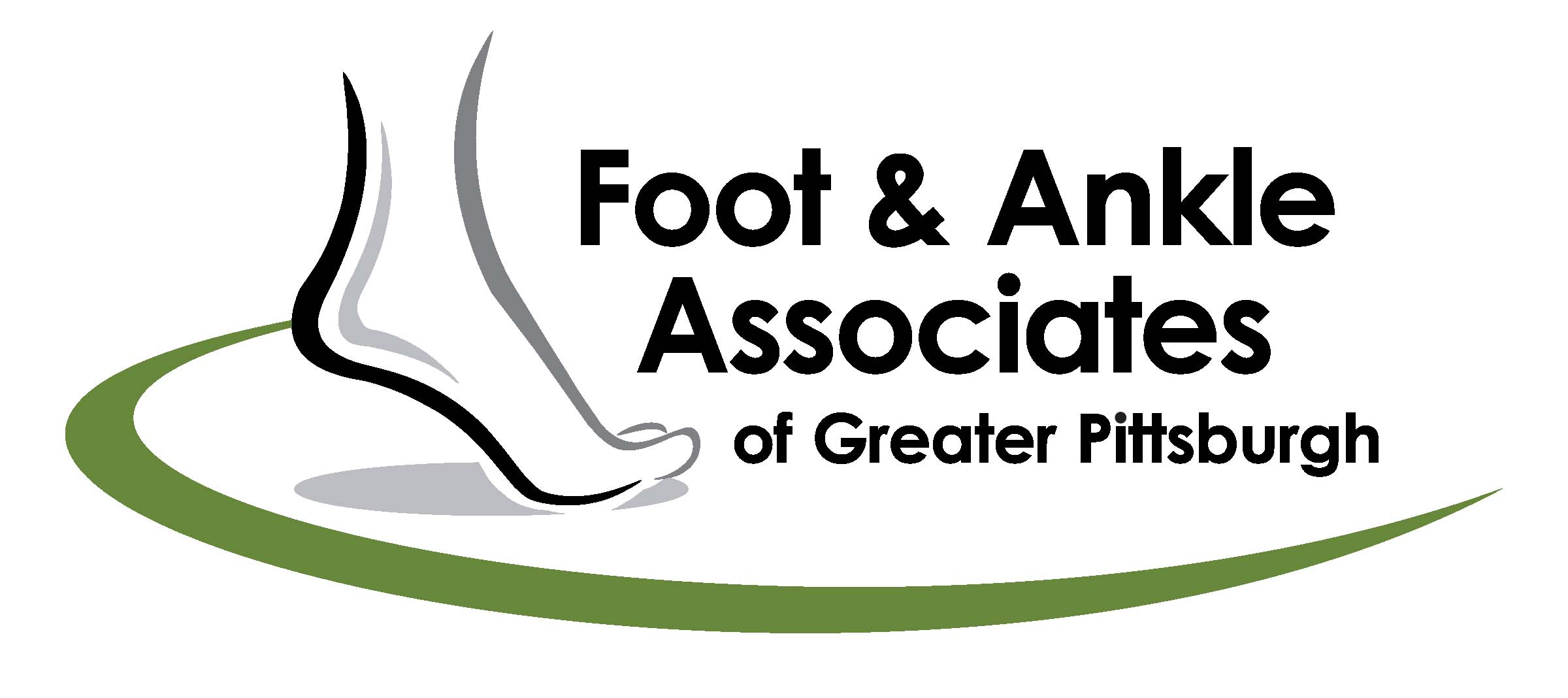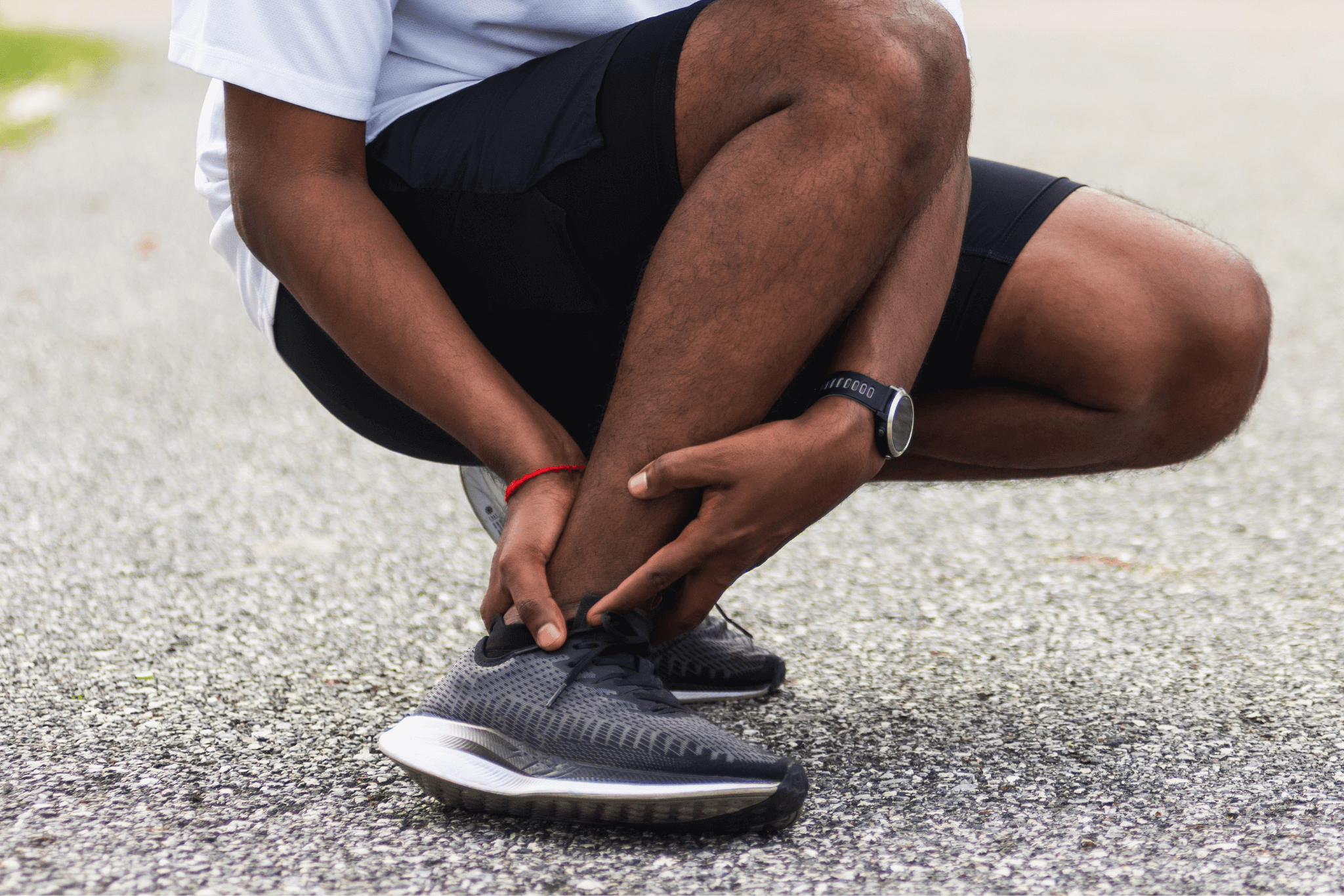Achilles Tendinitis
Are you feeling pain or tightness in your heel or calf? You might be dealing with Achilles tendinitis—a common but treatable cause of heel pain. At Foot & Ankle Associates of Greater Pittsburgh, we offer advanced care for Achilles tendon injuries and related conditions to help you move comfortably again.
What Is Achilles Tendinitis?
Achilles tendinitis is an overuse injury affecting the Achilles tendon, which connects your calf muscles to your heel bone (calcaneus). This vital tendon plays a major role in walking, running, jumping, and climbing stairs.
Who Does Achilles Tendinitis Affect?
While athletes and runners are most commonly affected, especially those who increase their workout intensity too quickly, it can also occur in individuals with sedentary lifestyles who suddenly become more active. Even something as simple as wearing unsupportive shoes while walking long distances can trigger symptoms.
Why Early Treatment Matters
If left untreated, Achilles tendinitis can worsen over time. In severe cases, the tendon can rupture, which often requires surgical repair and a lengthy recovery. That’s why early intervention is key. At Foot & Ankle Associates of Greater Pittsburgh, we take a proactive, personalized approach to treating tendon injuries—helping you avoid long-term complications and get back to the activities you enjoy.
Common Symptoms of Achilles Tendinitis
Recognizing the symptoms of Achilles tendinitis can help you seek treatment before the condition becomes severe. Look out for:
- Pain or stiffness along the back of your heel or lower calf
- Discomfort that worsens after exercise or physical activity
- Morning stiffness that improves throughout the day
- Swelling or tenderness around the tendon
- Limited ankle range of motion
Related Heel Pain Conditions
Not all heel pain is caused by Achilles tendinitis. You could be dealing with plantar fasciitis, bursitis, or even a heel spur. Learn more about these conditions on our Plantar Fasciitis and Heel Pain service pages.
What Causes Achilles Tendinitis?
Achilles tendinitis usually results from repetitive stress and a lack of adequate recovery. Here are the most common causes and risk factors:
- A sudden increase in physical activity or intensity
- Tight calf muscles that limit ankle mobility
- Inadequate warm-up or stretching routines
- Unsupportive or worn-out shoes
- Training on hard or uneven surfaces
- Age-related wear and tear (more common in adults over 30)
- Foot structure issues, such as flat feet or high arches
How It Connects to Other Foot Problems
When untreated, Achilles tendinitis can lead to or occur alongside other foot and ankle conditions such as chronic ankle instability or heel spurs. We specialize in identifying overlapping conditions to ensure you receive comprehensive treatment.
Non-Surgical Treatment Options for Achilles Tendinitis
For most patients, Achilles tendinitis can be effectively managed with conservative treatments:
Rest and Activity Modification
Taking a break from high-impact exercises like running or jumping allows the tendon time to heal. We’ll guide you on safe ways to stay active without aggravating the injury.
Stretching and Physical Therapy
We offer customized therapy programs that include calf stretches, eccentric strengthening exercises, and range-of-motion activities to improve flexibility and tendon strength.
Ice Therapy and Anti-Inflammatory Medications
Applying ice packs several times a day can help reduce swelling. Over-the-counter NSAIDs (like ibuprofen) may ease pain and inflammation.
Heel Lifts and Custom Orthotics
Heel lifts can reduce tension on the Achilles tendon. For those with flat feet or high arches, custom orthotics offer proper foot alignment and long-term relief. Learn more about our Orthotics Services.
MLS Laser Therapy
MLS Laser Therapy is an advanced, non-invasive treatment that uses specific light wavelengths to reduce inflammation and accelerate tissue repair. This therapy is particularly helpful in speeding recovery for tendon-related injuries.
Advanced Treatments for Chronic Achilles Tendinitis
When conservative treatments aren’t enough, we may recommend the following advanced therapies:
Corticosteroid Injections
Steroid injections can reduce inflammation and pain temporarily, but they are used cautiously as they may weaken the tendon over time.
Shockwave Therapy (ESWT)
Extracorporeal Shockwave Therapy (ESWT) is a non-surgical treatment that stimulates healing by delivering sound waves to the injured area. It’s an excellent option for patients who don’t respond to rest, therapy, or medications.
Surgical Intervention
In rare, severe cases, surgery may be required to remove damaged tissue or repair a ruptured tendon. Our board-certified foot and ankle surgeons in Pittsburgh offer minimally invasive procedures to reduce downtime and improve outcomes.
How to Prevent Achilles Tendinitis from Coming Back
Preventing recurrence is just as important as treating the condition. Here’s how you can lower your risk:
- Wear supportive shoes with cushioned heels and arch support
- Warm up properly before physical activity
- Perform daily stretching, especially of the calves and Achilles tendon
- Gradually increase your workout intensity
- Use custom orthotics if you have flat or high arches
- Avoid overtraining—listen to your body and take rest days
Why Choose Foot & Ankle Associates of Greater Pittsburgh?
Why Choose Foot & Ankle Associates of Greater Pittsburgh?
When it comes to Achilles tendinitis treatment in Pittsburgh, we are the go-to experts for both athletes and everyday patients dealing with tendon pain. Here’s what sets us apart:
Extensive Experience
Our foot and ankle specialists have treated thousands of cases involving heel pain, tendon injuries, and overuse conditions. From the latest conservative therapies to advanced surgical techniques, we provide the care you deserve.
Personalized, Compassionate Care
We understand that every patient is different. That’s why we customize your treatment plan to match your lifestyle, goals, and recovery timeline.
Comprehensive Heel Pain Services
We offer complete care for all heel-related issues, including plantar fasciitis, heel spurs, bursitis, and tendinitis, giving you access to the most effective treatment strategies all under one roof.
How to Prevent Achilles Tendinitis from Coming Back
Q: What are the first signs of Achilles tendinitis?
A: You may notice pain and stiffness at the back of your heel, especially in the morning or after exercise.
Q: Can Achilles tendinitis go away on its own?
A: Mild cases may improve with rest and stretching, but proper diagnosis is essential to avoid complications like tendon rupture.
Q: How long does it take to heal from Achilles tendinitis?
A: With early treatment, most patients improve within a few weeks to months. Chronic cases may take longer or require additional therapies.
Ready to Treat Your Achilles Tendinitis?
Don’t wait for your symptoms to get worse. If you’re experiencing heel pain or suspect Achilles tendinitis, contact Foot & Ankle Associates of Greater Pittsburgh today.
Call us at (724) 774-1525
Book your appointment online
We’re here to help you walk, run, and live pain-free with expert care you can trust.
Contact Us
Office
336 College Avenue, Suite 106, Beaver,
PA , 15009
Monday: 8am – 12pm
Tuesday: 8am – 4:30pm
Wednesday: 8am – 4:30pm
Thursday: 8am – 4:30pm
Friday: 8am – 12pm
Saturday: Closed
Sunday: Closed

